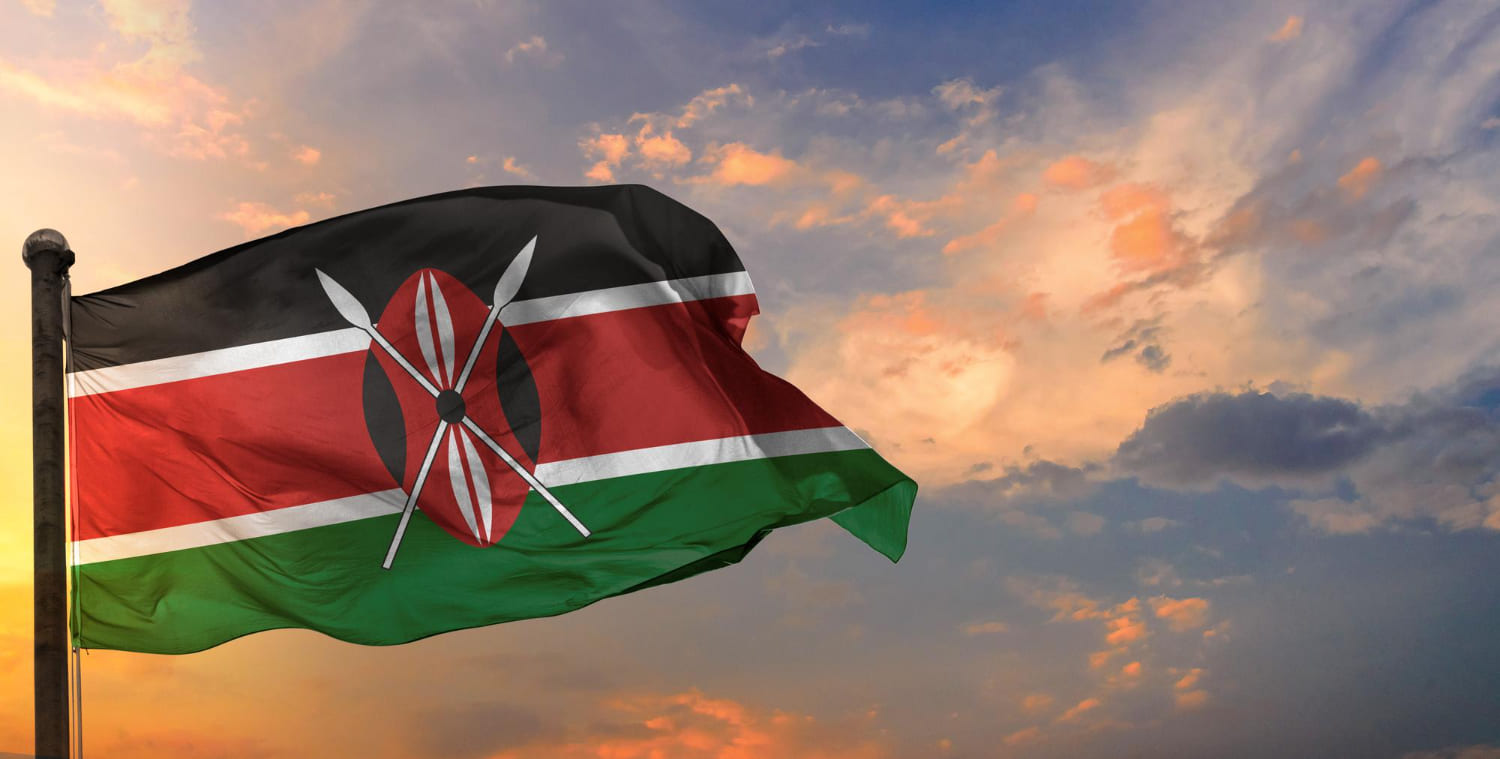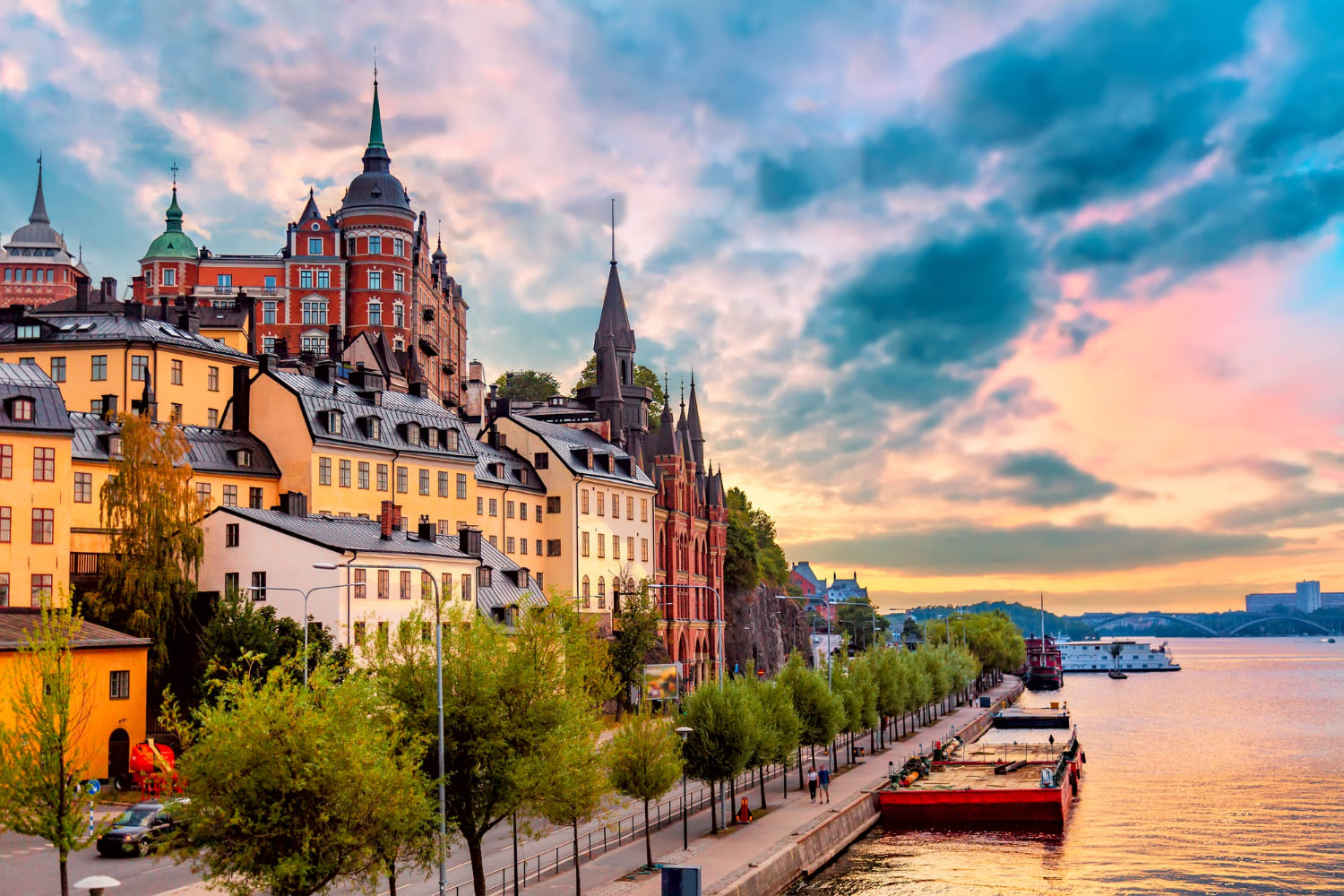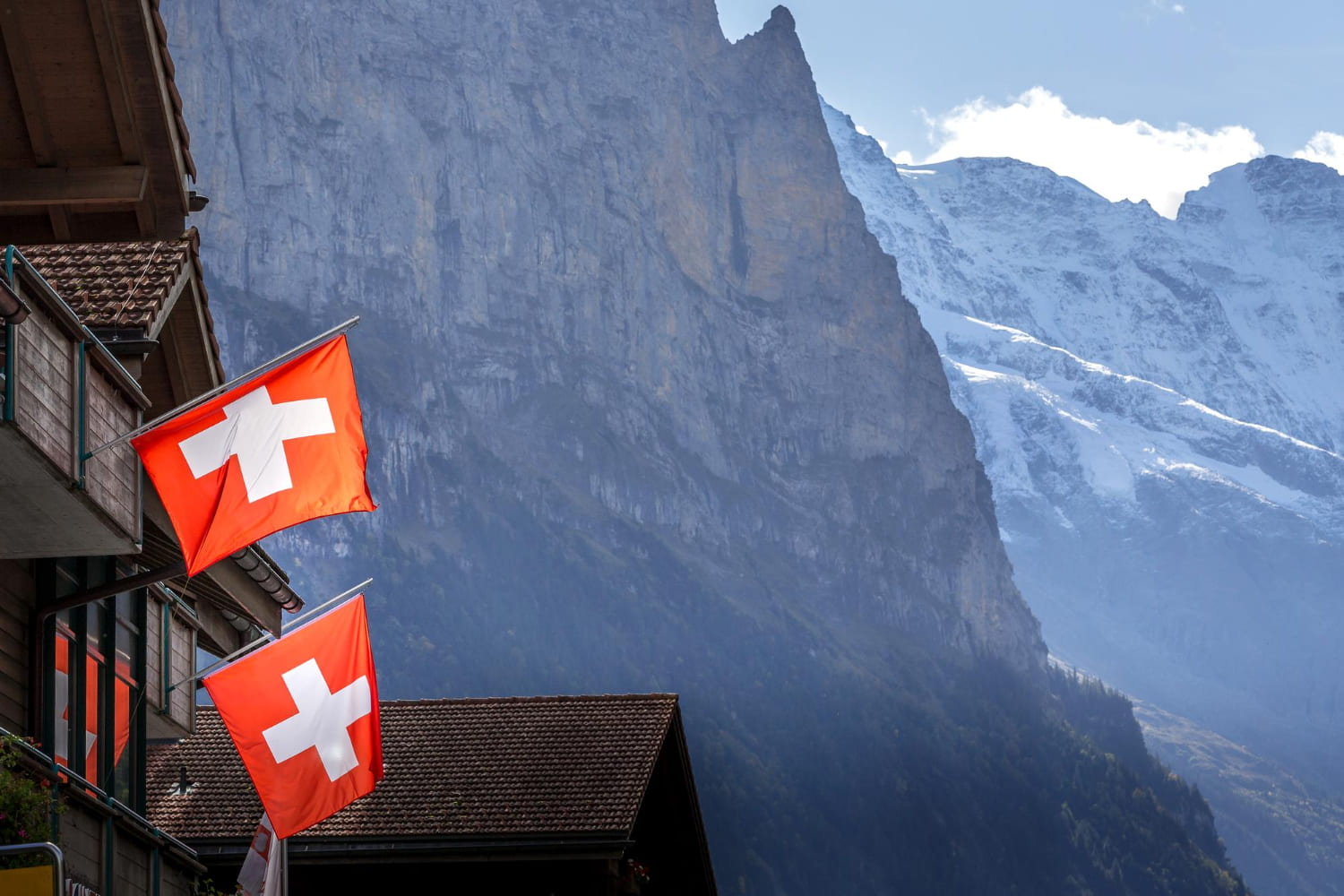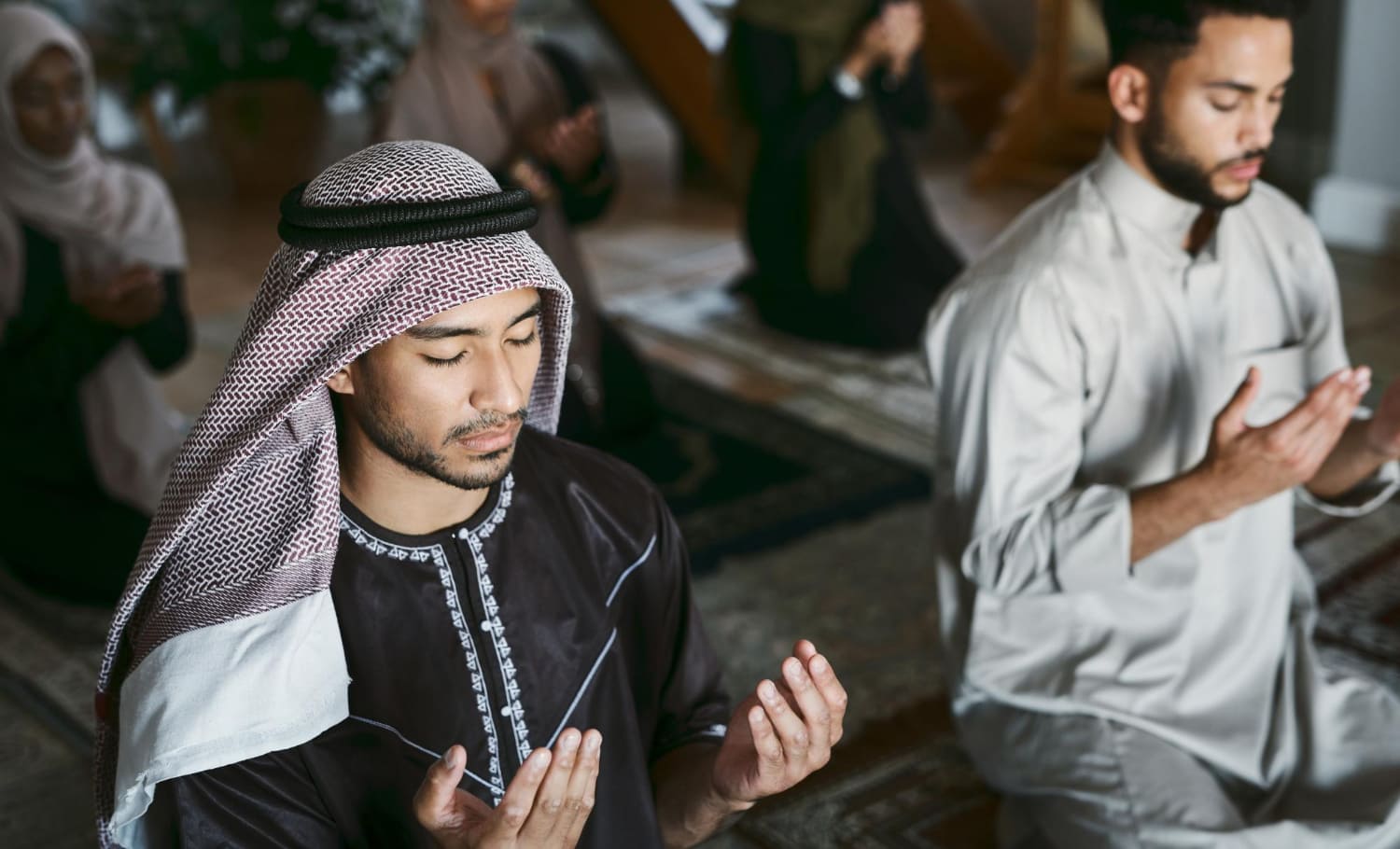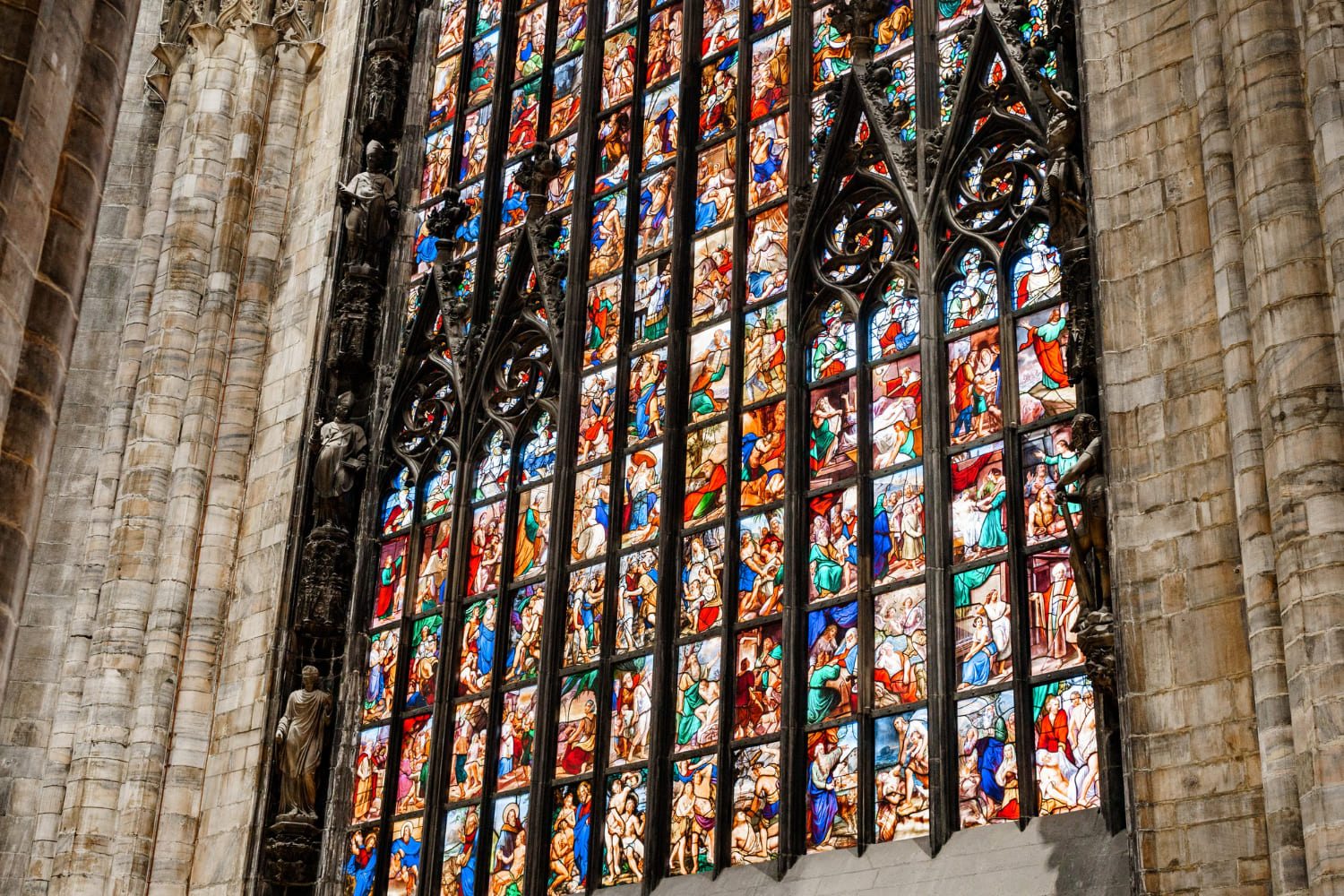Israel is a country situated in the Middle East, with a population of approximately 9 million people.
The country has a diverse religious landscape, with several religions and denominations coexisting.
The primary religion in Israel is Judaism, with about 74.7% of the population adhering to Orthodox, Reform, or Conservative Judaism.
Apart from Judaism, there are also several other religions in Israel, including Islam, Christianity, and Druze.
Islam is the second-largest religion in Israel, with about 17.8% of the population identifying as Muslims.
Christianity is the third-largest religion in Israel, with about 1.9% of the population identifying as Christians.
The Druze community in Israel is a small religious minority, with about 1.7% of the population identifying as Druze.
- Overview of Religions in Israel
- Major Religions
- Demographic Distribution
- Judaism in Israel
- Orthodox Judaism
- Conservative Judaism
- Reform Judaism
- Secular Jewish Community
- Islam in Israel
- Sunni Islam
- Shia Islam
- Ahmadiyya Community
- Christianity in Israel
- Eastern Orthodox Church
- Roman Catholic Church
- Protestantism
- Armenian Apostolic Church
- Druze Faith in Israel
- Baha’i Faith in Israel
- Other Religions and Beliefs
- Buddhism
- Hinduism
- Samaritanism
- Interfaith Relations in Israel
- Religious Freedom and Legislation
- Demographic Trends and Future Projections
Overview of Religions in Israel
Major Religions
Israel is a country with a rich history and a diverse population. The major religions in Israel are Judaism, Islam, and Christianity.
Judaism is the largest religion in Israel, with approximately 74.2% of the population identifying as Jewish.
Islam is the second-largest religion, with approximately 17.8% of the population identifying as Muslim.
Christianity is the third-largest religion, with approximately 2% of the population identifying as Christian.
Judaism is the ethnic religion of the Jewish people and is the oldest of the three Abrahamic religions.
It is a monotheistic religion that is based on the belief in one God who revealed himself to Abraham, Moses, and the prophets of Israel.
The Jewish people have a long history in Israel and have maintained a strong cultural and religious identity throughout their history.
Islam is a monotheistic religion that was founded in the 7th century by the prophet Muhammad. It is based on the belief in one God and the teachings of the Quran.
Muslims believe that Muhammad was the last prophet sent by God to guide humanity. Islam has a strong presence in Israel, particularly among the Arab population.
Christianity is a monotheistic religion that is based on the life and teachings of Jesus Christ. It is the largest religion in the world, with over 2 billion followers worldwide.
Christianity has a long history in Israel and is particularly significant for its association with the life and teachings of Jesus Christ.
Demographic Distribution
The demographic distribution of religions in Israel is complex and diverse.
Approximately 74.2% of the population identifies as Jewish, 17.8% identifies as Muslim, 2% identifies as Christian, and 1.6% identifies as Druze.
The remaining 4.4% of the population identifies as other religions or does not identify with any religion.
The Jewish population in Israel is further divided into various groups, including Orthodox, Conservative, and Reform Jews.
The Orthodox Jewish population is the largest of these groups and is known for its strict adherence to Jewish law and tradition.
The Muslim population in Israel is predominantly Sunni, although there is also a significant Shia minority.
The Christian population in Israel is primarily divided into various denominations, including Catholic, Greek Orthodox, and Armenian Orthodox.
Overall, Israel is a country with a rich and diverse religious history and culture. The major religions in Israel have played a significant role in shaping the country’s history, lifestyle, and culture.
Judaism in Israel
Israel is home to a diverse range of religious communities, but the majority of the population is Jewish.
Approximately 74.7% of the population adheres to Judaism. Judaism in Israel can be divided into several subgroups, each with their own unique traditions and beliefs.
Orthodox Judaism
Orthodox Judaism is the most traditional form of Judaism in Israel. It emphasizes strict adherence to Jewish law and the study of religious texts.
Approximately 8% of Israel’s Jewish population is ultra-Orthodox.
Conservative Judaism
Conservative Judaism is a moderate form of Judaism that emphasizes tradition and Jewish law, but also allows for some modernization and flexibility.
It is less strict than Orthodox Judaism, but more traditional than Reform Judaism. Conservative Judaism is practiced by a small percentage of Israelis.
Reform Judaism
Reform Judaism is a liberal form of Judaism that emphasizes individual autonomy and modernization.
It is the most progressive form of Judaism and allows for a wide range of beliefs and practices.
Approximately 3% of Israeli Jews identify as Reform.
Secular Jewish Community
A significant portion of Israel’s Jewish population identifies as secular. These individuals may still participate in Jewish cultural traditions, but do not necessarily adhere to religious beliefs or practices.
According to a survey by the Israeli Central Bureau of Statistics, approximately 45% of Israeli Jews over the age of 20 identify as secular or not religious.
Overall, Judaism plays a significant role in Israeli society and culture, with a diverse range of beliefs and practices represented within the Jewish community.
Islam in Israel
Islam is the second-largest religion in Israel, comprising 18.1% of the population, or 1.707 million people, as of 2022.
The majority of Israeli Muslims are Sunni, with a smaller number of Shia Muslims and members of the Ahmadiyya community.
Sunni Islam
Sunni Islam is the largest branch of Islam in Israel, with an estimated 85-90% of Israeli Muslims identifying as Sunni.
The majority of Israeli Arab Muslims are Sunni, with a smaller number of Bedouin and Druze also identifying as Sunni.
Sunni Islam in Israel is represented by a number of organizations, including the Islamic Movement in Israel, which has been involved in political and social activism.
Shia Islam
Shia Islam is a minority branch of Islam in Israel, with an estimated 1-2% of Israeli Muslims identifying as Shia.
The Shia community in Israel is primarily made up of Arab citizens, with a smaller number of immigrants from Iran and other countries.
There are several Shia mosques in Israel, including the Al-Ja’afari Mosque in Haifa and the Al-Mahdi Mosque in Nazareth.
Ahmadiyya Community
The Ahmadiyya Community is a small Islamic sect that originated in India in the late 19th century.
In Israel, the Ahmadiyya Community is estimated to have several hundred members.
The community is known for its emphasis on peace and non-violence, and has been involved in interfaith dialogue and humanitarian work in Israel.
Overall, Islam is an important part of the religious landscape in Israel, with a diverse range of communities and organizations representing different branches and traditions of the faith.
Christianity in Israel
Christianity is a minority religion in Israel, with only about 1.9% of the population identifying as Christians as of 2022.
However, the religion has a rich history in the region, dating back to the Roman period.
Eastern Orthodox Church
The Eastern Orthodox Church is one of the oldest Christian denominations in the world and has a significant presence in Israel.
The Orthodox Church in Israel is divided into several jurisdictions, including the Greek Orthodox Patriarchate of Jerusalem, the Russian Orthodox Church, and the Romanian Orthodox Church.
The Greek Orthodox Patriarchate of Jerusalem is the largest and most influential Orthodox Church in Israel, with its headquarters located in the Old City of Jerusalem.
Roman Catholic Church
The Roman Catholic Church has a relatively small presence in Israel, with less than 2% of the Christian population identifying as Catholics.
The Latin Patriarchate of Jerusalem is the head of the Catholic Church in Israel and the surrounding region.
The Church operates several schools and hospitals in Israel and is involved in various charitable activities.
Protestantism
Protestantism is a diverse group of Christian denominations that includes Baptists, Jehovah’s Witnesses, and other groups.
Protestantism has a significant presence in Israel, with about 25% of the Christian population identifying as Protestants.
The most significant Protestant denomination in Israel is the Anglican Church, which operates several churches and schools in the country.
Armenian Apostolic Church
The Armenian Apostolic Church is one of the oldest Christian denominations in the world and has a significant presence in Israel.
The Armenian Church operates several churches and monasteries in Israel, including the St. James Cathedral in Jerusalem.
The Church is also involved in various charitable activities, including providing aid to Armenian refugees in the region.
Overall, Christianity is a minority religion in Israel, but it has a rich history and diverse presence in the country.
Druze Faith in Israel
The Druze faith is a unique religion that originated in the 11th century in Egypt.
The Druze community in Israel is an ethnoreligious minority among the Arab citizens of Israel, with their own religion and cultural norms.
They speak Arabic and identify as Arabs, but they are a community distinct from other Arab Israelis.
The Druze see their religion as an interpretation of the three large monotheistic religions – Judaism, Christianity, and Islam – and they regard Moses, Jesus, and Mohammed as prophets.
There were 143,000 Druze people living within Israel and the Israeli-occupied Golan Heights in 2019, comprising 1.6% of the total population of Israel.
The Druze community in Israel is known for their loyalty to the state and their military service. Most of them live in the northern part of Israel, mainly in the Galilee and the Carmel region.
The religious affiliation of the Israeli population as of 2022 was 73.6% Jewish, 18.1% Muslim, 1.9% Christian, and 1.6% Druze.
The Druze community in Israel is recognized as a separate religious entity with its own courts, and they are subject to the Druze religious court system in matters of personal status, such as marriage and divorce.
The Druze community in Israel has a unique position in the Israeli society, and they have contributed significantly to the country’s culture and economy.
They have their own political party in the Israeli parliament, and some of them have reached high positions in the Israeli government and military.
The Druze community in Israel is an integral part of the country’s diverse society, and their unique culture and religion add to the richness of Israel’s cultural mosaic.
Baha’i Faith in Israel
The Baha’i Faith is a monotheistic religion that originated in Iran in the 19th century. Today, the religion has followers all around the world, including in Israel.
The religion’s spiritual and administrative center is located in Haifa, Israel, where the Shrine of the Bab and the Baha’i World Centre are situated.
According to estimates, there are around 7000 Baha’is in Israel, making up less than 0.1% of the country’s population.
The religion is recognized as a separate religious community in Israel, and its members have the right to practice their religion freely.
The Baha’i Faith has a unique structure, with a system of elected councils at the local, national, and international levels.
The religion emphasizes the unity of all religions and the importance of social justice and equality. Baha’is also believe in the oneness of humanity and the need for global cooperation and peace.
One of the most significant holy sites for Baha’is in Israel is the Shrine of the Bab, located on Mount Carmel in Haifa.
The shrine is the burial place of the Bab, one of the founders of the Baha’i Faith.
The Baha’i World Centre, also located in Haifa, includes several other important holy sites, including the Universal House of Justice, the Seat of the International Teaching Centre, and the International Archives Building.
In summary, the Baha’i Faith is a small but significant religious community in Israel, with a unique structure and emphasis on unity, social justice, and global cooperation.
The religion’s spiritual and administrative center is located in Haifa, where several important holy sites, including the Shrine of the Bab, can be found.
Other Religions and Beliefs
Buddhism
Buddhism is a small but growing religion in Israel, with an estimated 20,000 followers.
Most of the Buddhists in Israel are of East Asian origin, although there are also some Israeli-born converts.
There are several Buddhist centers in Israel, including the Dharma House in Tel Aviv and the Karma Kagyu Center in Haifa.
Hinduism
Hinduism is a minority religion in Israel, with an estimated 6,000 followers. Most of the Hindus in Israel are foreign workers from India, Nepal, and Sri Lanka.
There are several Hindu temples in Israel, including the Sri Radha Krishna Temple in Tel Aviv and the Shree Swaminarayan Mandir in Haifa.
Samaritanism
Samaritanism is a small religion that originated in the ancient Near East, and is closely related to Judaism.
There are only about 800 Samaritans in the world, and most of them live in Israel. The Samaritans have their own version of the Torah, which is written in a different script than the Jewish Torah.
They also have their own religious practices, which include animal sacrifice and pilgrimage to Mount Gerizim.
Despite being a Jewish-majority country, Israel has a diverse religious landscape, with followers of many different religions and beliefs.
While Judaism is by far the largest religion in Israel, other religions such as Christianity, Islam, and Druze also have significant followings. In addition, there are smaller communities of Bahá’ís, Bedouin, and members of other faiths.
Interfaith Relations in Israel
Israel is home to a diverse population with a mix of religions, including Judaism, Islam, Christianity, Druze, and Baháʼís.
The Interfaith Encounter Association (IEA) is an Israeli-based non-profit organization that fosters dialogue between different religious groups within the Holy Land.
The primary purpose of the IEA is to promote peaceful coexistence and understanding among Jews, Muslims, Christians, Druze, and Baháʼís.
According to a report by Pew Research Center, Israel’s population is divided religiously, with 74% of the population identifying as Jewish, 17.5% as Muslim, 2% as Christian, and 1.6% as Druze.
The remaining 4.9% of the population is made up of other religions, including Baháʼí, Samaritan, and more.
The report also highlights the deep gulfs among Jews, as well as between Jews and Arabs, over political values and religion’s role in public life.
Despite the religious diversity in Israel, there are examples of interfaith dialogue and cooperation.
For instance, the IEA has successfully facilitated interfaith encounters, which have led to better understanding and reduced racism. The IEA’s work has also contributed to making religion part of Israel’s Middle East peace process.
In conclusion, the religious diversity in Israel presents both challenges and opportunities for interfaith dialogue and cooperation.
The IEA’s work is an example of successful interfaith dialogue, which can lead to peaceful coexistence and understanding among different religious groups.
Religious Freedom and Legislation
Israel is a country that guarantees freedom of religion for all its citizens.
The country’s laws and Supreme Court rulings protect the freedoms of conscience, faith, religion, and worship, regardless of an individual’s religious affiliation.
The “Basic Law: Human Dignity and Liberty” describes the country as a “Jewish and democratic state.”
In Israel, there are several recognized religions, including Judaism, Islam, Christianity, Druze, and Bahá’í.
According to the Central Bureau of Statistics, as of 2022, approximately 74% of the population is Jewish, 17% Muslim, 2% Christian, and 1.6% Druze.
The remaining 5.4% of the population identifies with other religions or has no religious affiliation.
The Israeli government recognizes and funds religious institutions of different faiths.
The Ministry of Religious Services is responsible for providing services to Jewish religious institutions, while the Ministry of Interior provides services to non-Jewish religious institutions.
The government also provides funding to religious councils, which are responsible for providing religious services to their respective communities.
The Rabbinical Courts Jurisdiction Law [Marriage and Divorce] (1953) applies to all Jewish citizens and residents of Israel, according to the “Halachah” of Israel religious law criteria, even despite their will.
Muslim, Christian, and Druze religious courts are also recognized and funded by the government and have jurisdiction over personal status matters, such as marriage and divorce, for their respective communities.
Overall, Israel is a country that values and protects religious freedom. The government recognizes and funds religious institutions of different faiths, and citizens are free to practice their religion without fear of persecution.
Demographic Trends and Future Projections
Israel is a country with a diverse population structure, consisting of different population groups, mainly Jews from different ethnic backgrounds, Arabs, and others.
Israel’s population amounted to 9.66 million people as of 2022.
In terms of religion, Judaism is the largest religion in Israel, with about 74% of the population identifying as Jewish.
Islam is the second-largest religion, with about 18% of the population identifying as Muslim. The remaining 8% of the population is made up of Christians, Druze, and others.
Over the years, Israel has seen some interesting demographic trends. For example, there has been a decline in fertility among Jewish women up to age 25, stability in the rate in women aged 25 to 29, and a marked increase in rate among those aged 30 to 44.
However, a certain slowdown in the rate of the increase is expected in the coming decade.
Looking ahead, the future of religions in Israel is projected to be influenced by various factors.
The world’s total population is expected to rise to 9.3 billion by 2050, a 35% increase. The Muslim population, a comparatively youthful population with high fertility rates, is projected to increase by 73% over the same period.
In Israel, the trends in religiosity among the Jewish population have been studied by the Taub Center. They found that the majority of the movement is towards less religious streams.
This trend is reflected in the movement of students between sectors in the education system.
First-grade enrollment and fertility rates are also factors that could impact the future of religions in Israel.
